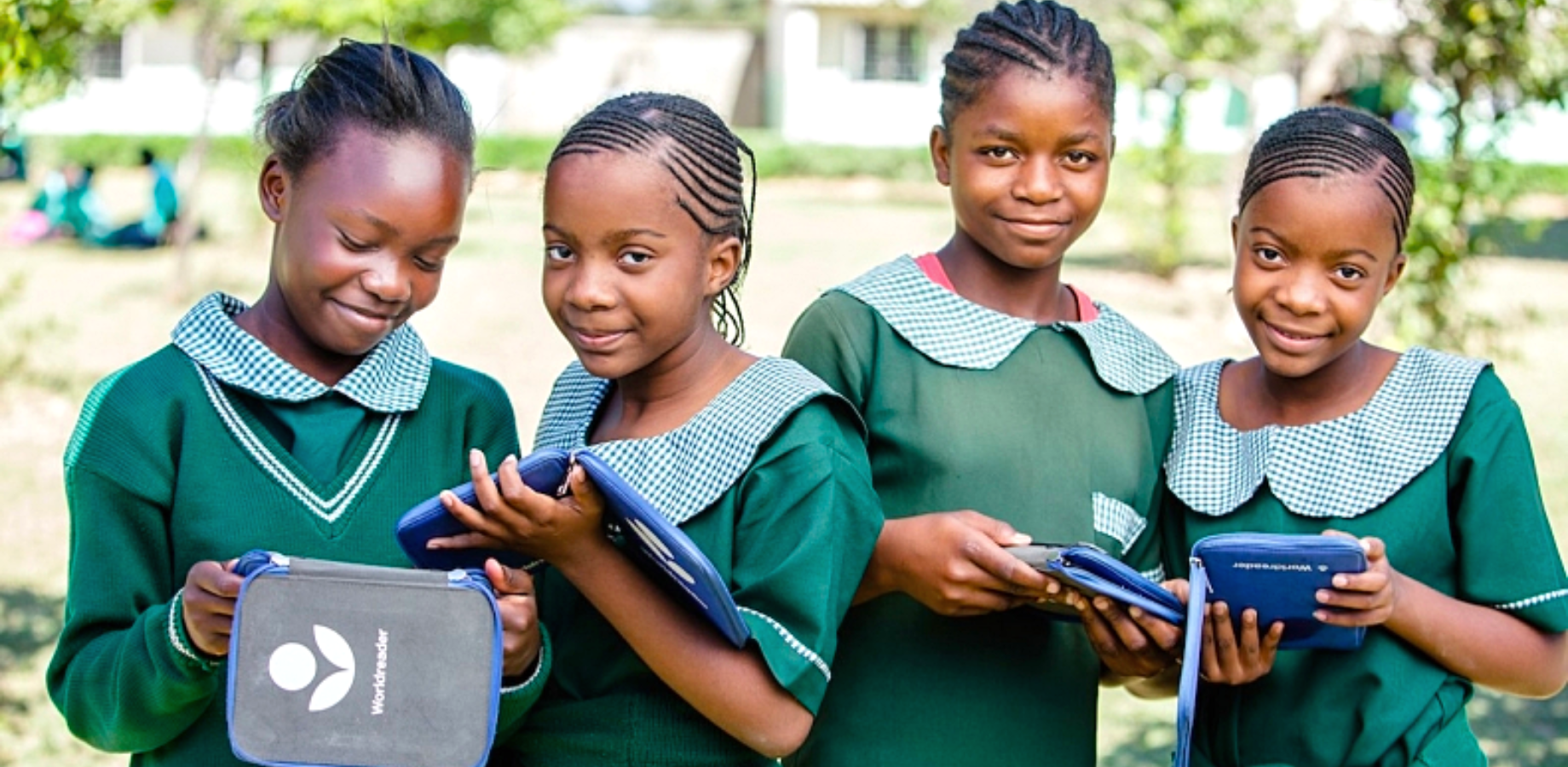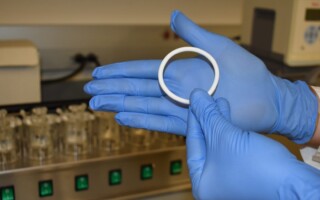
In Zambia where only 22% of females aged 20–24 have completed secondary school versus 31% of males, literacy levels among students are extremely low. Zambian students scored the lowest of 15 countries in Southern and Eastern Africa on reading (in grade 6), with approximately two-thirds reading below the minimally acceptable level. Less than a third of students have access to an English textbook, despite English being the language of instruction and the language of the national exam for secondary school placement.
With the Forum for African Women Educationalists in Zambia (FAWEZA), a local NGO that works to improve gender equity in education, and Worldreader, an international NGO founded to address the chronic shortage of books in developing countries, the Population Council launches GirlsRead!, an education and empowerment program that is being evaluated through a rigorous, randomized controlled trial.
GirlsRead! combines three interventions: 1) safe space groups for girls, 2) e-readers designed for rural Africa, and 3) community engagement to bolster learning outcomes and reduce the likelihood that girls will leave school early. Mentor-led girls groups that foster nonfamilial social connections, engage girls in critical thinking about gender biases, and help them develop the social assets and confidence needed to progress to secondary school are employed throughout the project. E-readers contain approximately 100 books—primarily fiction written by African authors—and are charged using locally sourced solar panels.
To evaluate the effectiveness of the interventions in enhancing literacy skills, improving performance on the primary school leaving exam, and encouraging progression to secondary school, the Council conducts a three-arm randomized cluster trial of approximately 1200 girls in grade 7 in 36 communities in Lusaka, Ndola, and Chingola districts. Surveys are administered before and after the intervention to adolescent girls in grade 7, the last year of primary school. Girls are randomized into 3 study arms:
- Group A: a safe space + e-reader + community engagement
- Group B: a safe space + community engagement
- Group C: a control
All three groups receive the full intervention package during the second phase.
The trial assesses the effectiveness of a safe space program, both with and without the addition of e-readers, in improving the following outcomes for girls: literacy skills, progression to secondary school, gender attitudes, reproductive health knowledge, school-based violence, and self-efficacy. Building the global evidence base on these issues is vital to improved outcomes related to both education and HIV prevention.
GirlsRead! was funded in part by a grant from the United States Department of State as part of the DREAMS Innovation Challenge, managed by JSI Research & Training Institute, Inc. (JSI). The opinions, findings, and conclusions stated herein are those of the author[s] and do not necessarily reflect those of the United States Department of State or JSI.




